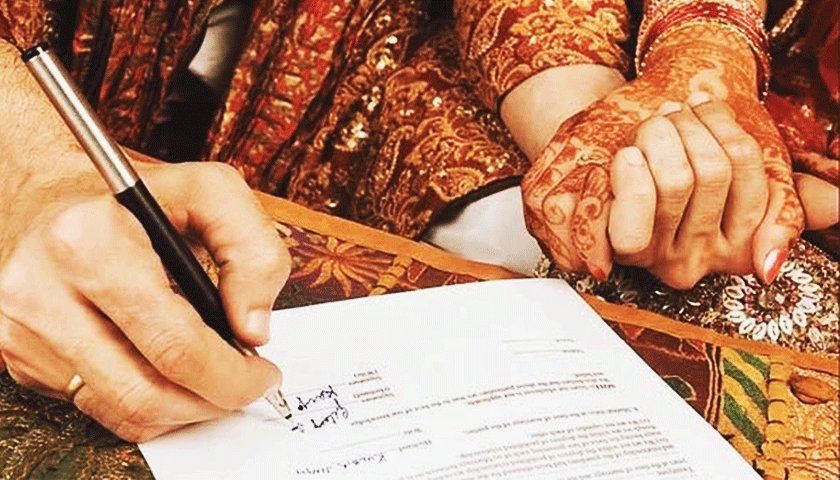Court marriage in Shamli is something new and exciting in the Indian marriage sector. The concept of marriage took shape in India after independence. According to the Indian Marriage Act 1955, all marriages are solemnized in the "court of law" and the solemnization should be done by the judge in absentia. Marriages solemnized outside the court may be in the temple court, inside the court or in some private place. Court marriage in Shamli is considered to be valid only if both the candidates have attained the age of 21 years on the date of application. There are three chief categories under which marriages are classed: the civil marriage, the religious marriage and the civil courtship. Civil marriage solemnized in the court of law is considered to be valid as long as the candidate has attained the age of 21 years on the date of application. There are many other requirements such as financial sponsorship from the parent of the matriculation certificate. The driving licence also has to be presented by the parent. The candidate needs to possess an eligible passport to enter into India and another to return home. After submitting the original birth certificate and passport size photo, the parents of the matriculation certificate should accompany the application form. The clerk will ask the candidates to bring the relevant documents. Two witnesses are required to sign the application while the candidates are sworn in front of the clerk. The clerk will then request the candidates to come to the court and present their proofs. The applicant may not present themselves before the judge. The bridegroom will be asked to sit in the chair in front of the clerk. The bridegroom is then asked to raise his hands. The clerk will ask him to place his right hand on the bride's right hand under which the marriage matrimony certificate is presented. The judge then conducts the marriage ceremony.
Aarya same marriage in a court of law is a symbolic act that has certain prescribed procedures and outcomes. The marriage in a court of law is performed under the guidance of an authority called "Aarya" who is known as a "Pancha Mitra". The first ceremony performed in a marriage in this form of ritual is known as "Moli" which means "blessing in the presence of the father". The second ceremony that takes place after the first is known as "Chhotriya Samadhi" which means "seclusion of the mind". The last ceremony, which is known as "Shirodhara Samadhi" means final or total separation.
Court Marriage is a common procedure, which has to be followed by everyone. If a marriage is not registered it is not considered valid during legal procedures such as, applying for a joint home loan. You could also be fined for not registering your marriage. It is a rule that all the marriages have to be registered whether you are having a wedding ceremony or not.
A marriage certificate is an important proof, in case there are some problems between you and your spouse in the future and a legal action needs to be taken.
Advantages of Court Marriage Certificate:-
• Certificate of Marriage is a document, which provides valuable evidence of marriage;
• Certificate of Marriage is a document providing social security, self-confidence particularly among married Women.
• Court Marriage Certificate is useful in getting the visa for the wife/husband.
• It will be helpful in claiming the Bank deposits or Life Insurance benefits when the depositee or the Insurer dies without a nomination or otherwise.
Documents required for the Performance & Registration of Court Marriage
1. Passport Size Photographs – four each of Marrying Persons.
2. Residential Proof (Voter Card / Passport / Ration Car / Driving License / Bank Passbook / Lease Deed / Rent Deed) of Marrying Persons.
3. Date of Birth Proof (Municipal Corporation Certificate, X th or XII th Examination Certificate, Passport, PAN Card) of Marrying Persons.
4. If any party is divorcee Certified copy of Decree of Divorce granted by the Court.
5. If any party is widow / widower Death Certificate of the dead spouse.
6. If any party is a Foreign Citizen or holding a foreign Passport or is having foreign residential address – Certificate of Present Marital Status of the party / No Impediment Certificate / NOC from concerned Embassy and Valid VISA.
7. Two Witnesses (Both should be major)



